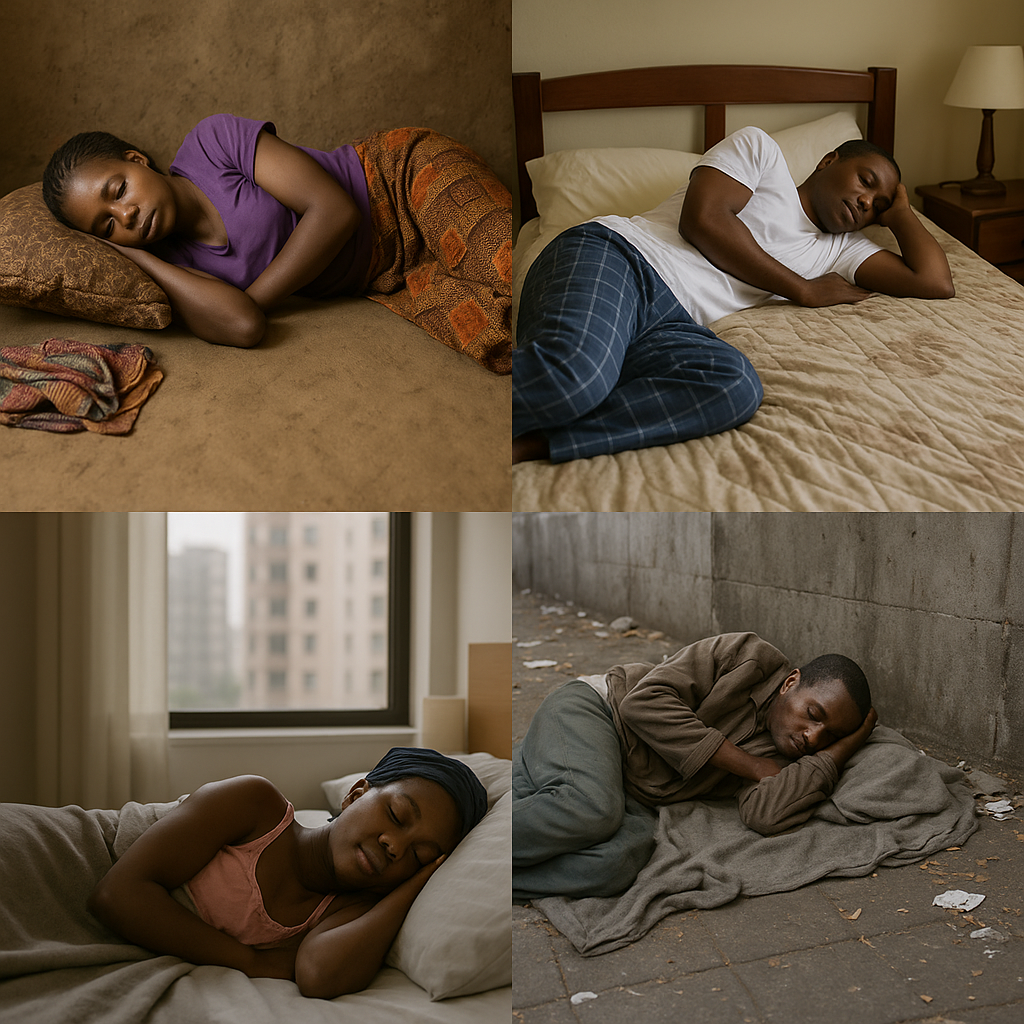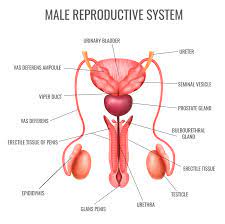Sleep Inequality in Africa: Gender, Class & Urban Divide

Sleep is often seen as a basic human need, but in Africa, not everyone enjoys the same opportunity for quality rest. Just as inequalities affect access to education, healthcare, and income, they also shape who gets enough sleep — and who doesn’t. Gender roles, economic status, and rural-urban divides all play a part in determining sleep quality across the continent.
This article explores the cultural, economic, and social factors behind sleep inequality in Africa, why it matters for health, and what can be done to close the rest gap.
The Concept of Sleep Inequality
Sleep inequality refers to the differences in sleep duration and quality across groups in society. It is influenced by work schedules, living environments, access to resources, and cultural expectations.
In Africa, these inequalities are pronounced, reflecting broader social and economic divides. Some communities enjoy restorative rest, while others face chronic deprivation that fuels health and productivity challenges.
Gender and Sleep in Africa
-
Women and Household Burdens
In many African households, women balance income-generating work with domestic responsibilities. Cooking, childcare, and caregiving often extend late into the night, leaving little time for rest. -
Pregnancy and Maternal Sleep Challenges
Women’s health cycles — pregnancy, breastfeeding, and menopause — affect sleep patterns. Limited access to healthcare and safe environments worsens these challenges. -
Men and Work Pressures
Men in urban centers often face long commutes, late-night shifts, or security jobs that cut into their sleep. Cultural pressure to “provide” can normalize sleep sacrifice.
Class and Income Divide in Sleep
-
Low-Income Communities
-
People living in informal settlements or rural huts often lack electricity, relying on firewood or kerosene. Smoke, noise, and heat disrupt restful sleep.
-
Many low-income earners juggle multiple jobs or long commutes, cutting sleep hours.
-
-
Middle and Upper Classes
-
Those with higher incomes can afford air conditioning, quieter homes, and better mattresses, leading to better quality rest.
-
However, constant exposure to screens and work emails can also disrupt sleep among wealthier Africans.
-
-
The Night Shift Economy
From factory workers in Ethiopia to healthcare staff in Nigeria, night-shift workers disproportionately come from lower-income groups. This creates chronic sleep debt with long-term health consequences.
Rural vs. Urban Divide in Sleep
-
Rural Communities
-
Sleep often follows natural rhythms of sunrise and sunset.
-
Less screen time and lower noise pollution encourage deeper, longer rest.
-
However, lack of mosquito protection, extreme weather, or overcrowding can reduce sleep quality.
-
-
Urban Communities
-
City dwellers face constant noise from traffic, nightlife, and generators.
-
Longer working hours and technology disrupt circadian rhythms.
-
Overcrowded housing in urban slums further reduces comfort and privacy.
-
Why Sleep Inequality Matters
-
Health: Poor sleep fuels chronic illnesses like hypertension, diabetes, and depression.
-
Productivity: Workers deprived of rest are less efficient, costing African economies billions annually.
-
Education: Children in noisy or unstable homes struggle with concentration and learning.
-
Equity: Sleep should be a universal right, but inequalities in gender, income, and location make it a privilege for some and a struggle for others.
Addressing Sleep Inequality in Africa
-
Public Health Campaigns
Governments and NGOs can promote awareness of sleep as a health issue, not a luxury. -
Gender Equity
Empowering women through shared household responsibilities and better maternal health services improves rest for entire families. -
Affordable Housing and Infrastructure
Urban planning that reduces noise, improves ventilation, and provides reliable electricity will directly improve sleep. -
Workplace Policies
Employers can adopt fairer shift schedules, rest breaks, and wellness programs to prioritize workers’ sleep.
Conclusion
Sleep inequality in Africa reflects broader social and economic divides. Women, the poor, and urban dwellers often pay the price with disrupted or insufficient rest. Recognizing sleep as a foundation of health and productivity is essential for Africa’s future. By addressing cultural expectations, economic pressures, and environmental challenges, the continent can move closer to ensuring restful nights for all.
Written by Fawzi Rufai, Medically Reviewed by Sesan Kareem



